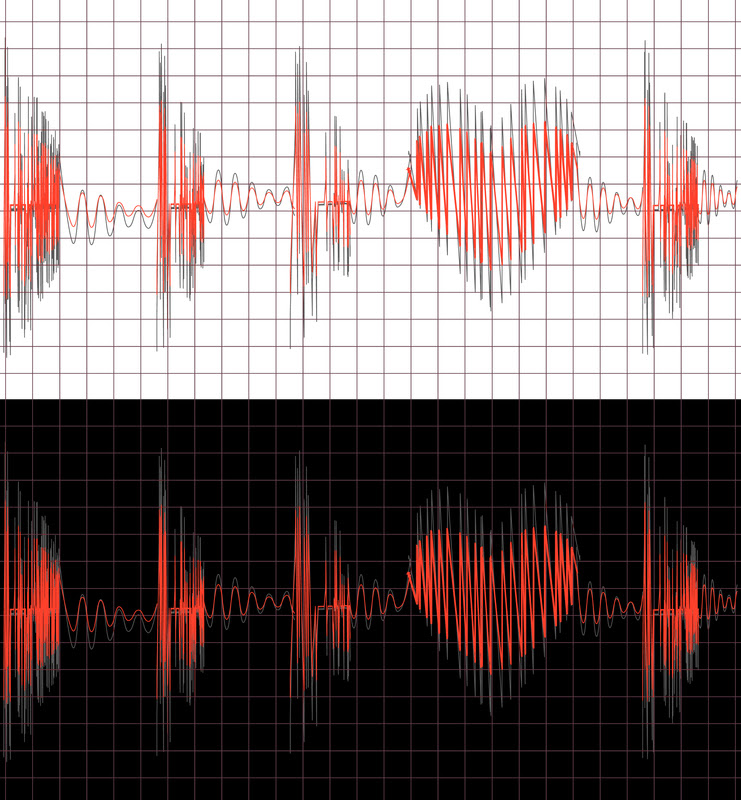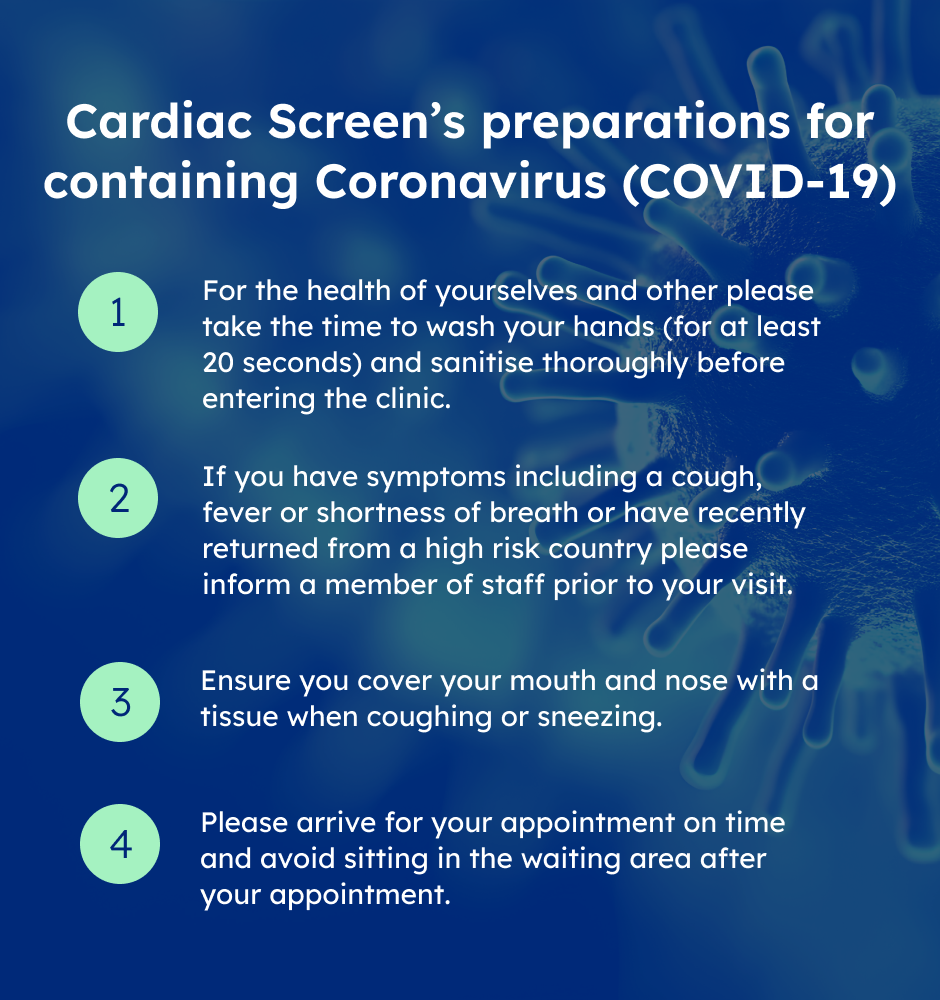Please click here to view Cardiac Screen's preparations for containing Corona Virus
Balppa House, 57-61 Newington Causeway, London SE1 6BD
3 Tests You May Need After a Stroke
Meet Our Medical Specialists

If you've had a stroke, you will probably have had lots of tests while you were being diagnosed and treated. However, your doctor will probably want to conduct plenty more tests to monitor your recovery and to assess the impact of the stroke on your body. You may need more brain scans, cardiac tests, or a carotid Doppler scan after a stroke.
- Brain Scans: You may already have had a brain scan in the hospital when you were initially treated, but additional scans are often required after a stroke too. Imaging procedures such as a CT scan may be needed to find out what effect the stroke has had on your brain. The location and severity of the damage can be assessed, which can help your doctor to come up with an effective treatment plan.
- Echocardiogram: An echocardiogram is a cardiac test that may be needed after a stroke. It is a kind of ultrasound that looks at the structure and function of your heart. It can detect any problems that may be linked to your stroke. Since a stroke happens when a blood clot blocks a vessel in your brain, it is often linked to issues affecting other parts of your cardiovascular system. The echocardiogram can also look for problems that might be caused by the same risk factors that resulted in the stroke. You may need additional treatment to tackle any heart problems that are detected. This could reduce your risk of having another stroke or prevent other problems, such as angina or a heart attack.
- Carotid Doppler Scan: The carotid Doppler scan is another type of ultrasound that you might need after having a stroke. The Doppler ultrasound technique is used to assess the way blood is moving through your arteries. It can be used to check for signs of atherosclerosis in the carotid arteries that supply your brain. Thickening or narrowing of these arteries can increase the risk of a blood clot that could lead to another stroke. If a problem is identified during the scan, it may be possible to reduce this risk with the right treatment.















